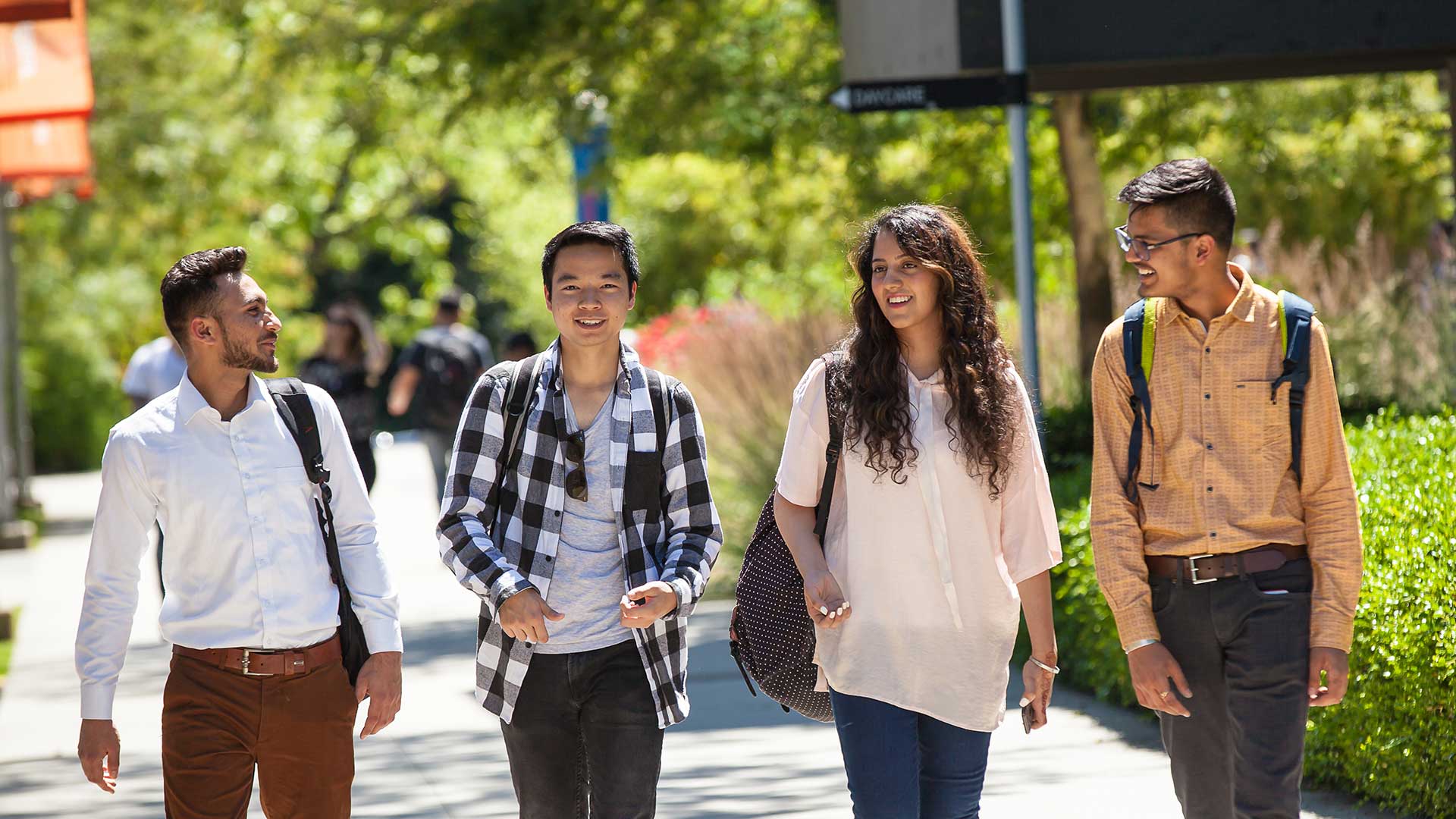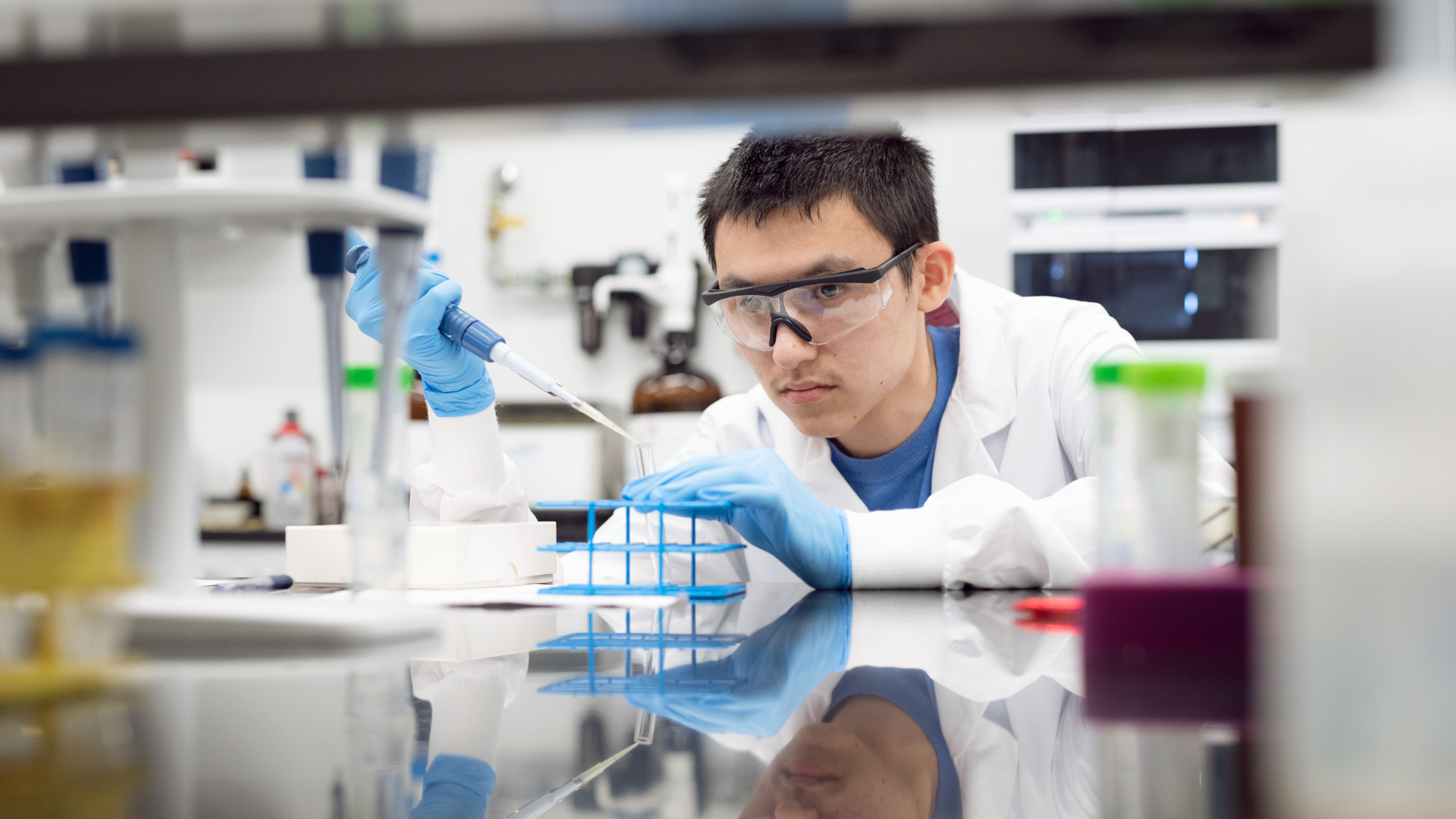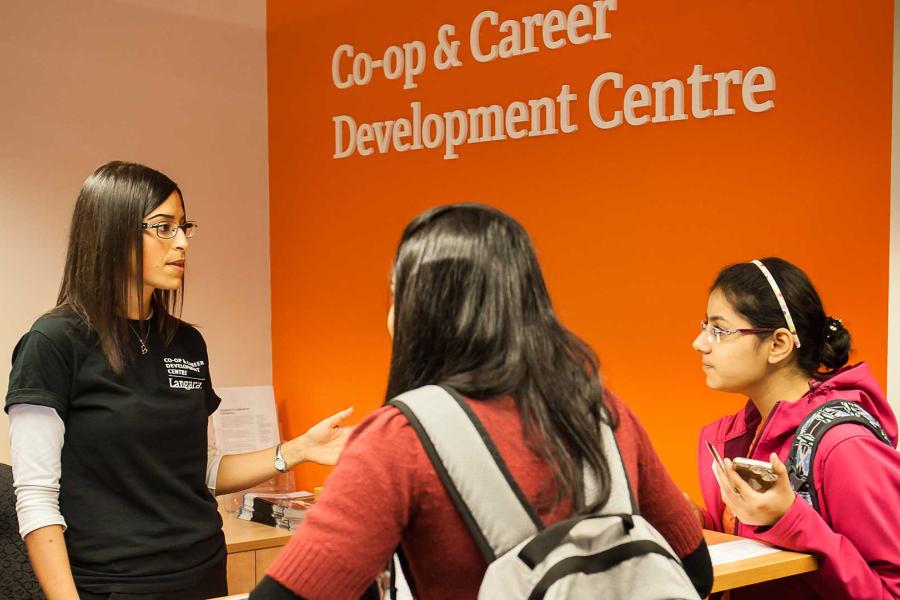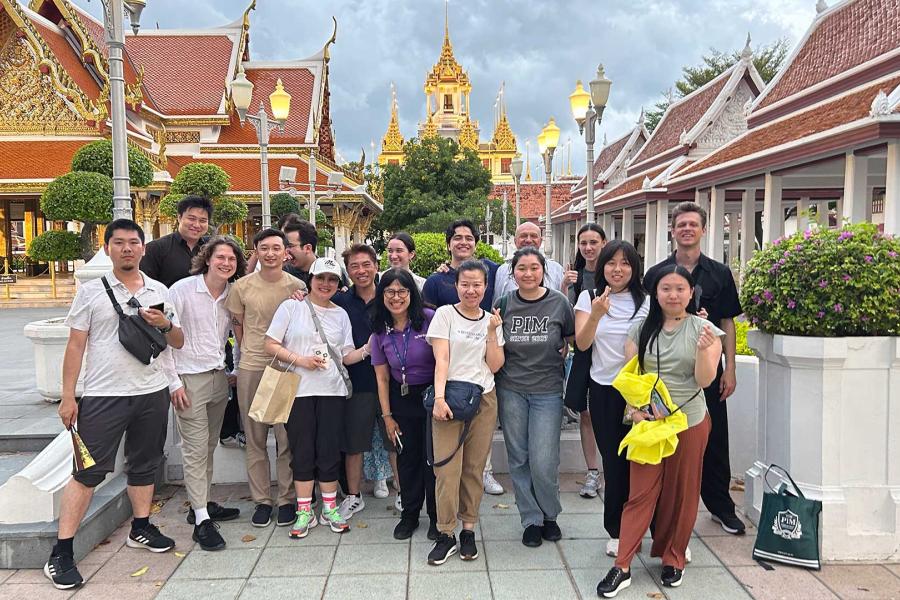Main navigation
- Why Langara?
- Programs & Courses
- Apply
- Register
- Student Support
- Financial Aid
Main navigation
- Why Langara?
- Programs & Courses
- Apply
- Register
- Student Support
- Financial Aid
Secondary navigation (Mobile)
Image

Canada’s premier pathways college.




